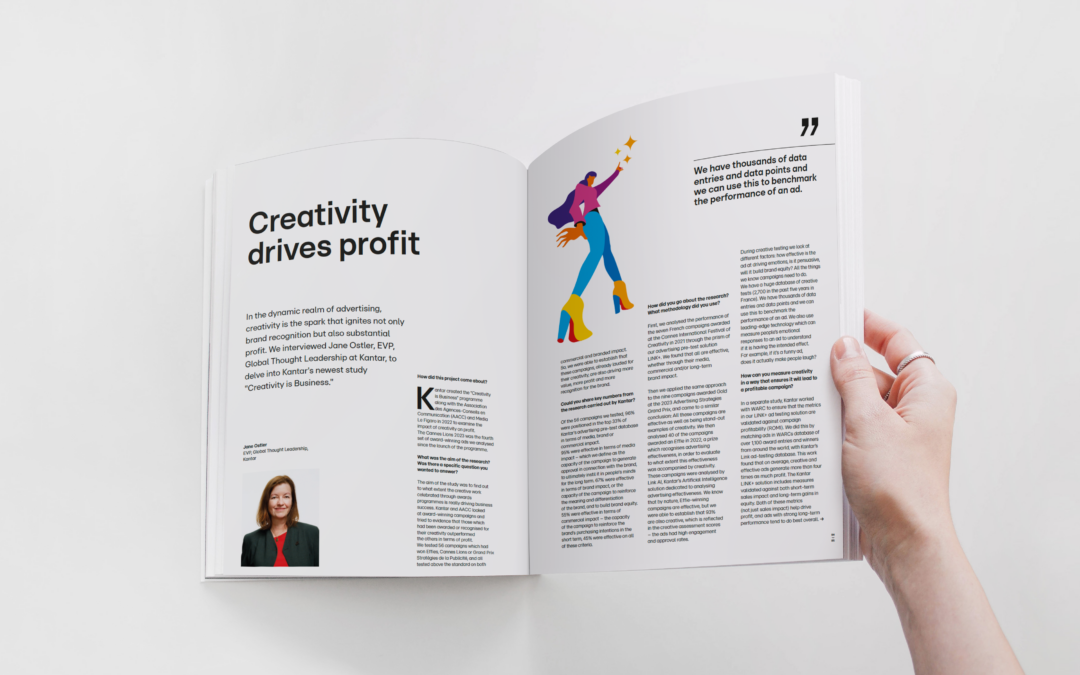Quorn Foods has been at the forefront of the sustainability movement since it launched its meat-free products almost 40 years ago. Gill Riley discusses the brand’s sustainability credentials and the ways in which it engages consumers including its recent advertising campaign ‘Helping the Planet One Bite at a Time’.
Could you introduce the Quorn Foods brand for all those who might not be familiar with it?
The first Quorn Foods products were launched in the UK in 1985 and completely revolutionised the meat-free market. It is clear that Quorn was a pioneer in this category, and this is reflected in the fact that it is a truly international brand, present in 16 countries ranging from Sweden to Australia, from the US to the Philippines. Our brand is completely unique, powered by a ‘super-protein’ called mycaprotein which is derived from fungal proteins and imitates the texture of meat very convincingly.
What makes Quorn a responsible and eco-friendly brand?
Our sustainable credentials are present in both our mission and our ambitions. Our mission is to provide people and the planet with healthy food. It is a well-known fact that eating less red meat is better for our health and our aim is to show consumers how easy it is to shift towards a meat-free diet. We help them identify issues surrounding their food choices and the role these food choices can play in reducing environmental impact. Mycaprotein uses 90% less land, 90% less water and creates 90% fewer emissions than real meat. We know we need to act now to act in the face of this climate crisis and it is our ambition to be a net-positive company by 2030, providing 8 billion servings of Quorn in the same year.
What are your thoughts on greenwashing and how can you avoid it?
I welcome everyone who is taking an active interest in this movement as it requires everyone’s input, but the important thing is, no matter in which industry you are in, we need to act so that we can actually drive change. We have to undertake a strong purpose and live that purpose in everything we do.
Are there different levels of maturity across markets for your product?
The UK is the most developed market, with the largest per-capita consumption of meat-free products across the world. However, penetration of the meat-free category is still only about 45%, which is a small figure in comparison with the penetration of other categories such as meat products or even breakfast cereals. There is plenty of room for growth in the UK market and across all markets internationally with expected growth in the double digits. As consumer interest and action in a meat-free diet grows, this market will grow.
INTEREST IN A
MEAT-FREE DIET
GROWS, THIS
MARKET WILL GROW
What are the key obstacles you need to overcome in order to grow?
There are a number of issues across the meat-free category that we need to work together with manufacturers to conquer. Firstly, taste perception. A large number of people want to make the change to a meat-free lifestyle but worry about whether substitutes will deliver on flavour. However, we have seen that this fear is based on perceptions and not reality – there are a huge selection of meat-free products that are able to replicate the texture of meat really well. We want customers to be able to make the change easily, so we need to reinforce the fact that our products are tasty and easy to use. The second hurdle is the perceived value for money. We want our products to be accessible and affordable for everyone. In the UK, in particular, we have a wide selection of our products available in both major and small retailers. Similarly, we launched meat-free alternatives in collaboration with quick-service, high-street chains: a vegan burger for KFC and a vegan sausage roll for Greggs, which is a well-known bakery chain across the UK. There was enormous excitement and social media hype for the latter product, people queued from the early hours of the morning all around the block just to get a taste.
TO MAKE THE
CHANGE EASILY
You often use humour in your advertising campaigns, why is this a good method?
There are two key reasons. From previous research, we knew that in order to excite people and engage them in the subject, going in hard with scary imagery such as melting icebergs isolates consumers as it makes the climate crisis seem very distant and irreversible.
Humour is a good way of driving fame for your advertising. We have seen this with our ‘Helping the Planet One Bite at a Time’ advert that launched in the UK in January. We know this method works for us because in a recent YouGov study, Quorn ranked as the third brand that had the biggest im pact with consumers, after two big entertainment brands, which shows we’re really cutting through the competition.
Did you align the advertising spot with the content being shown?
We wanted to reach as many people as possible with this campaign, so rather than putting it in a slot where it was relevant to the content, we went for the big viewership programmes. We aired a 60 second campaign during ad breaks on Saturdays, during The Masked Singer which is a family favourite in the UK and always attracts huge audiences. Our main goal was to emotionally engage people but using a playful approach – you wouldn’t expect the series of characters who are clearly committed meat -eaters to change their habits but if they can, so can the viewer.
What was the impact of the ITV’s Home Planet programme?
It was great to be the first company to take part in the Home Planet programme because ITV share, and are incredibly supportive of, our values. We are both committed to making small changes to make big progress. It understood our sustainability credentials and backed us all the way. We wanted to make people stop and think and this initiative worked really well in achieving that – by notifying the viewer they were watching the first-of-its-kind, home planet advert, they really engaged with the content. /




















